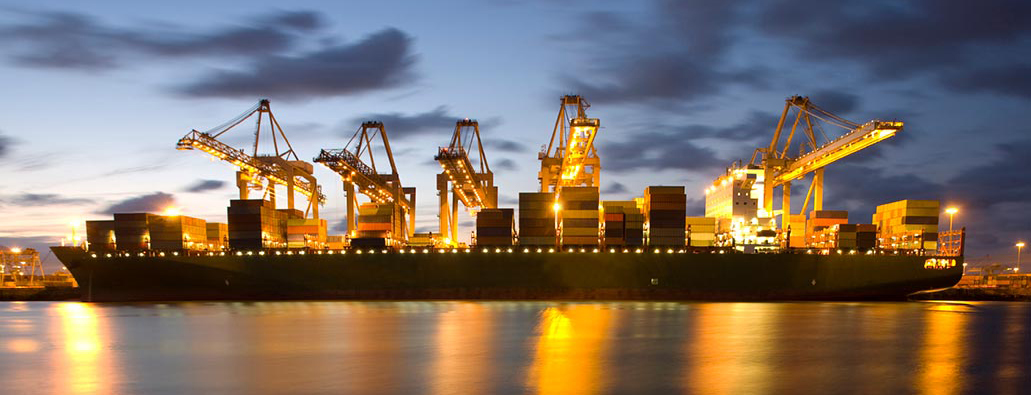Recycled fuel offers big pollution reductions for the maritime industry
6 avril 2021
6 avril 2021

Clean Planet Energy has unveiled two new ‘ultra-clean’ recycled fuels using non-recyclable waste plastic as a feedstock to replace fossil fuels in the maritime sector. The products, for use in any ship or vessel, are branded under the banner of ‘Clean Planet Oceans’.
The UK-based renewable energy company, which recently announced new lower emission aviation fuels, says Clean Planet Oceans offer marine residual fuel (also known as bunker fuel or fuel oil) meeting international ISO 8712 2017 standards and a premium marine distillate fuel that matches the EN15940 diesel specification.
In addition to a 75% CO2e reduction, a significant benefit of these new fuels is said to be a notable decrease in nitrogen dioxide and sulphur oxide emissions. NOx and SOx are some of the most common air pollutants from the burning of fossil fuels and are estimated to be responsible for 9 000 daily deaths globally.
‘Under the International Maritime Organisation 2020 regulations implemented last year, a ship with a scrubber installed on board is allowed to emit 35 000 parts per million (ppm) of sulphur into the sea when burning fossil marine fuel oil, whilst a ship without a scrubber is allowed to emit 5 000ppm of sulphur into the air’, explains Clean Planet Energy’s chief technical officer, Dr Andrew Odjo.
‘In contrast, Clean Planet Energy’s marine residual fuel has a sulphur content of just 35ppm, and the marine distillate has a sulphur content of just 3ppm. This means that ships using marine distillate can reduce sulphur pollution by over 1 500 times compared to ships using fossil fuel without a scrubber, and by more than 10 000 times compared to ships with a scrubber’.
The company will produce these circular fuels at their UK facilities. According to data sourced by parties including the US EPA and the World Economic Forum, 203 million tonnes of plastic will become non-recyclable waste this year, meaning that the Clean Planet process not only reduces CO2e emissions and air pollutants but also tackles the plastic crisis.
‘There is currently no legitimate and scaled alternative to using carbon-based fuels in the marine and aviation sector,’ Dr Odjo points out. ‘Whereas cars are moving to electric, the lifespan of large vessels means we’ll be stuck using fossil fuel engines for many years to come. By using non-recyclable waste plastics as a feedstock for fuels in these industries, we can reduce the daily CO2e emissions by 75%, keep fossil-oil in the ground, and win valuable time in the world’s battle to hit net-zero carbon emissions.’
Source : Recycling International